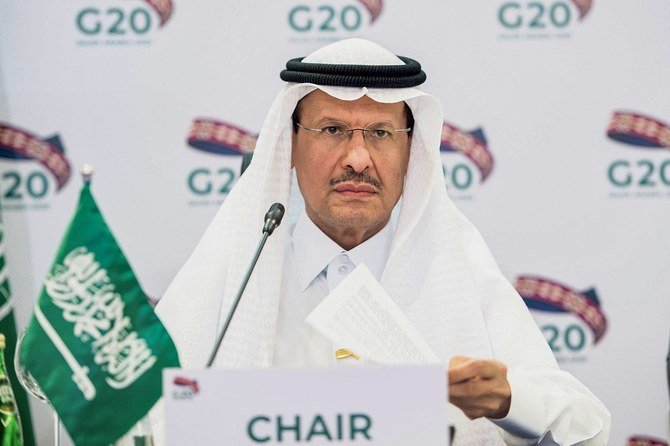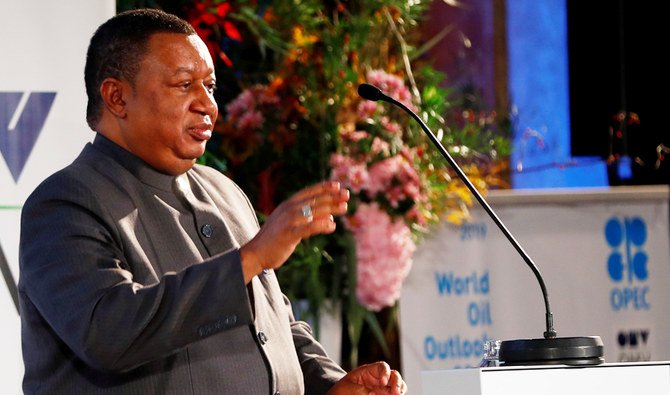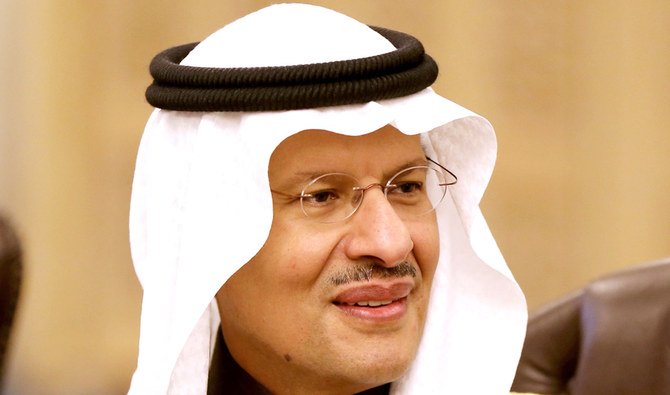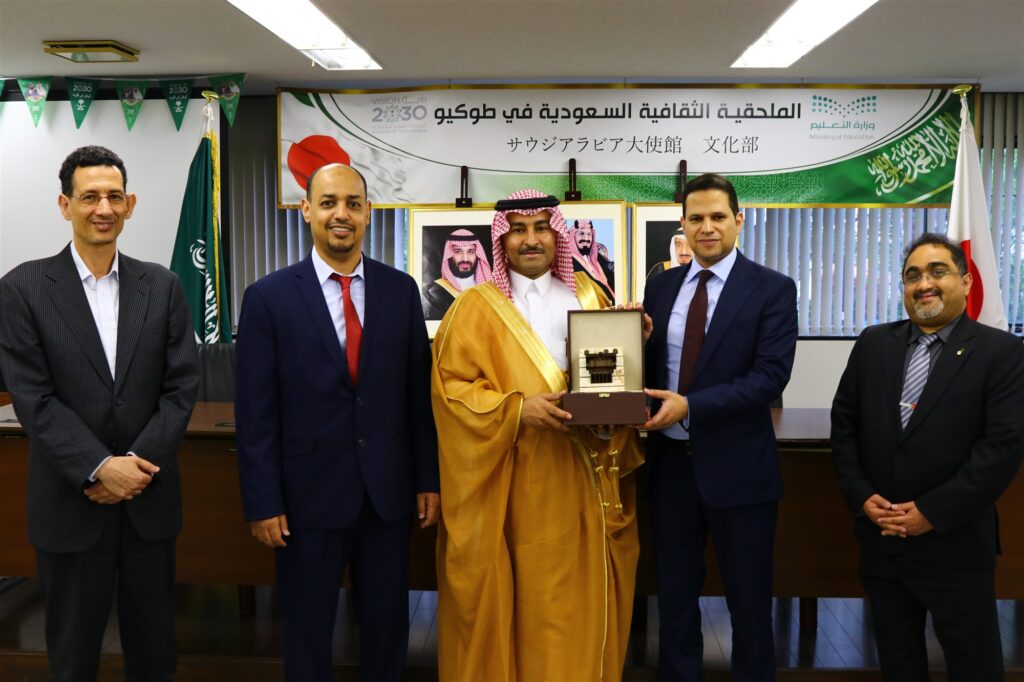DUBAI: OPEC+, the oil alliance led by Saudi Arabia and Russia, is close to a deal that will take it to the next stage of the historic agreement signed in April to limit global crude production.
Ministers from the 23 countries of the alliance will meet via webinar on Wednesday to seal the deal, but behind the scenes officials from the Organization of the Petroleum Exporting Countries (OPEC) have been in talks to finalize details of the agreement to add roughly 2 million barrels per day (bpd) of oil to current levels.
Prince Abdul Aziz bin Salman, the Saudi energy minister, held phone discussions with his counterpart in Iraq, Ihsan Ismail, where they affirmed their support for the new phase of the OPEC+ deal, which they agreed would “enhance oil market stability and help accelerate the rebalancing of global oil markets.”
In a call with Timipre Sylva, the Nigerian minister for petroleum resources, Prince Abdul Aziz emphasized the importance for all OPEC+ participants to meet production targets.
Russia has already signaled its desire to implement phase two of the OPEC+ agreement.
Experts believe that global oil markets had made big progress toward rebalancing since the mayhem of March and April, when oil prices collapsed.
Demand has increased as economies around the world come out of lockdown.
OPEC+ efforts to reduce supply have been effective, and members have been meeting ambitious targets for compliance with the output levels.
The vast majority of producers have hit targets of 100 percent compliance. Some — including Saudi Arabia as the leading OPEC producer — have exceeded their targets.
The next OPEC+ schedule, which will start on Aug. 1, will see cuts in production tapered to 7.7 million bpd from the current level of 9.6 million bpd agreed in April.
OPEC+ policymakers have been encouraged by pledges from some of the countries that had missed earlier targets — such as Nigeria and Iraq — that they would make up those shortfalls by compensatory cuts in production in the summer months. Nigeria has promised 100 percent compliance.
Oil producers in the Middle East traditionally use more fuel oil domestically during the hot summer months, and that will be accentuated this year as people who would have travelled for vacation, stay at home because of the coronavirus disease (COVID-19) pandemic-related travel restrictions.
The OPEC+ agreement, as well as natural declines in other oil-producing countries because of falling demand and crude prices, is credited with rebalancing the global market.
OPEC Secretary-General Mohammed Barkindo said: “If we had not acted in such a decisive way, the market would have been in danger of a near-total collapse.”
Oil prices have more than doubled since the lows of April. Brent crude traded at $43.25 per barrel yesterday.























